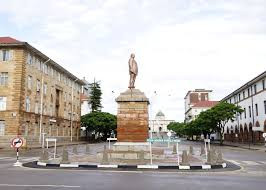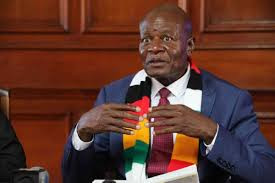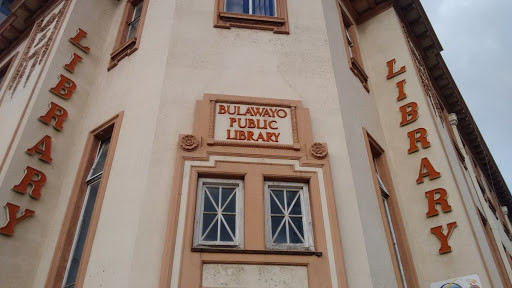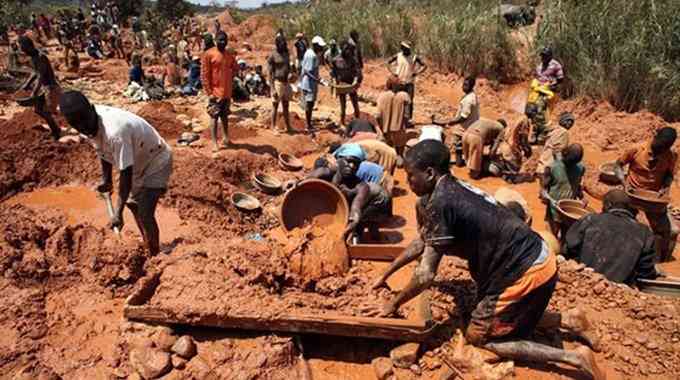
Bulawayo’s long-running governance crisis has once again come to the fore — this time over embattled town clerk Christopher Dube’s attempt to extend his stay in office beyond the council’s set retirement date.
Dube’s insistence on remaining at City Hall until the age of 70, citing a government statutory instrument, is not merely an administrative matter; it is a symptom of deeper rot within local governance structures where accountability and integrity have long been eroded.
For nearly a decade, Bulawayo has witnessed service delivery collapse under the weight of corruption, mismanagement, and political interference.
Burst sewers, erratic water supplies, uncollected refuse, and deteriorating roads have become the city’s grim new normal.
Yet, instead of focusing on reversing this decay, City Hall remains preoccupied with protecting entrenched interests and recycling leadership that has failed to deliver meaningful change.
Dube’s bid to extend his contract under Statutory Instrument 198 of 2024 smacks of opportunism and raises serious ethical questions.
The regulation was not crafted to provide lifelines for struggling bureaucrats, but to strengthen institutional capacity where performance and integrity warrant it.
In Bulawayo’s case, continued tenure should be earned through transparency, measurable results, and public trust — all of which are in short supply.
- Revisiting Majaivana’s last show… ‘We made huge losses’
- Edutainment mix: The nexus of music and cultural identity
- ChiTown acting mayor blocks election
- Promoter Mdu 3D defends foreigners 30 minute set
Keep Reading
Equally troubling is the council's silence on allegations of graft and financial mismanagement that have shadowed the local authority for years.
Residents deserve clarity on how public resources are being used, yet audits are delayed, procurement processes remain opaque, and whistleblowers are often sidelined.
When corruption becomes normalised, leadership renewal becomes the only credible path to restoration.
Bulawayo cannot afford leadership that views public office as a personal fiefdom.
Governance must be guided by accountability, not entitlement.
If Dube truly believes in serving the city, he should focus on ensuring a smooth leadership transition and strengthening institutional systems rather than clinging to the chair.
As Bulawayo’s economic and infrastructural woes deepen, the city needs visionary, ethical, and transparent leadership that prioritises residents over self-preservation.
The debate should not be about retirement ages — it should be about performance, integrity, and the moral courage to let go when one’s time is up.
Bulawayo’s future depends not on the longevity of officeholders, but on the renewal of public trust.
And that begins with ending the culture of corruption and self-interest at Town House.









